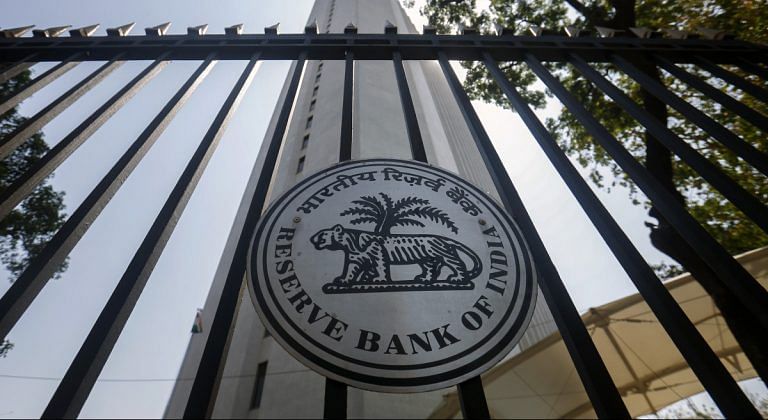New Delhi: India’s central bank warned about the growing presence of technology giants in the country’s digital financial services and payment systems which could pose a financial stability risk.
In its semi-annual financial stability report, the Reserve Bank of India flagged concerns over what it called ‘Big Techs,’ saying they have the potential to become dominant players in financial services that risks them becoming “too-big-to-fail.”
“Specifically, concerns have intensified around a level playing field with banks, operational risk, too-big-to-fail issues, challenges for antitrust rules, cyber security and data privacy,” the RBI said in the report Thursday.
While the report does not specify companies or countries, India has seen massive interest from deep pocketed global technology players in recent years. Amazon.com Inc. and Alphabet Inc. are among firms pouring billions of dollars into building payments ecosystems, linking retail networks of thousands of mom and pop stores, selling insurance and mutual funds on their apps and eating into banks’ digital market share.
Digital payments have grown to record levels with Walmart-backed Phonepe and Google Pay garnering the lion’s share of the retail market as the pandemic prompted people to move online.
The central bank’s concern comes at a time the largest U.S. internet firms are fighting new rules issued by Prime Minister Narendra Modi’s government in February that they say curtail privacy and free speech. Officials have demanded Facebook Inc. and Twitter Inc. take down hundreds of posts this year, divulge sensitive user information and submit to a regulatory regime that includes potential jail terms for executives if companies don’t comply.- Bloomberg
Also read: Gross NPAs of banks may rise to 9.8% by March 2022, RBI report shows
